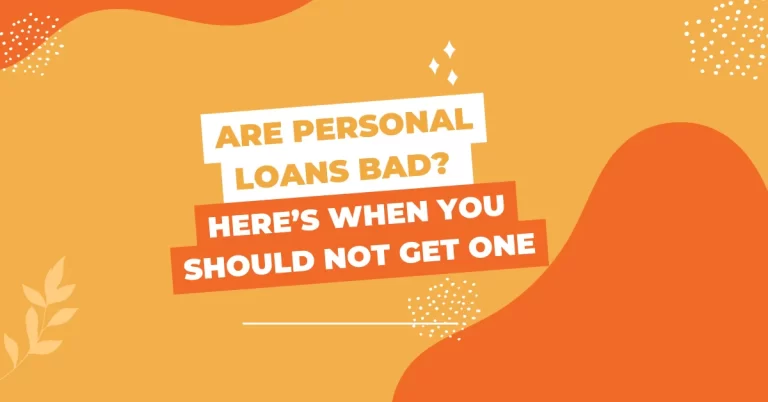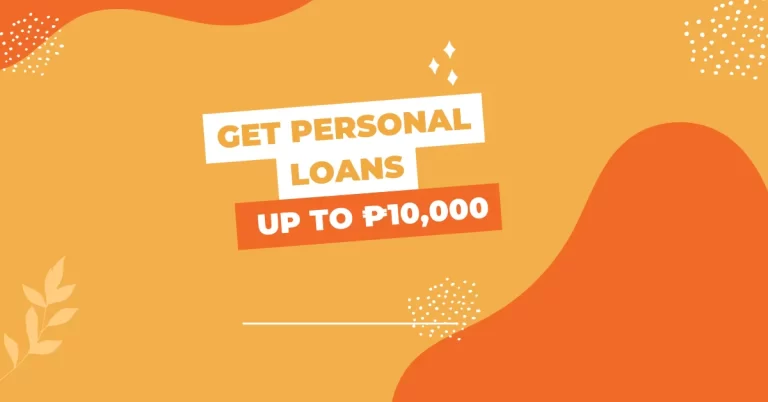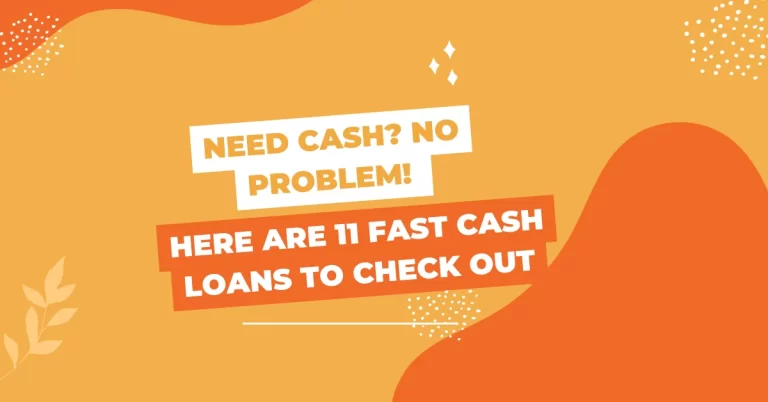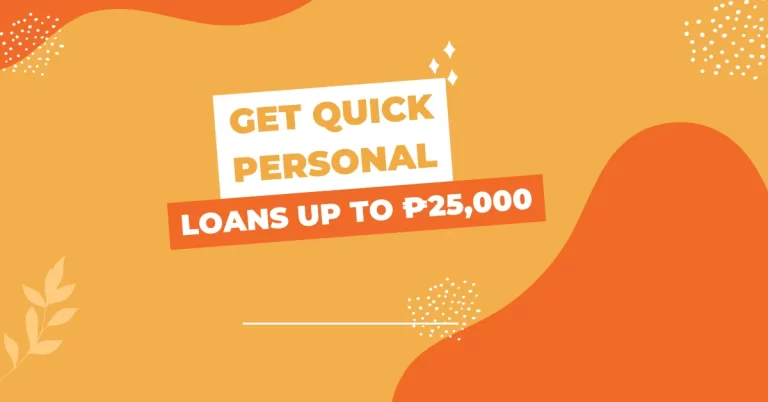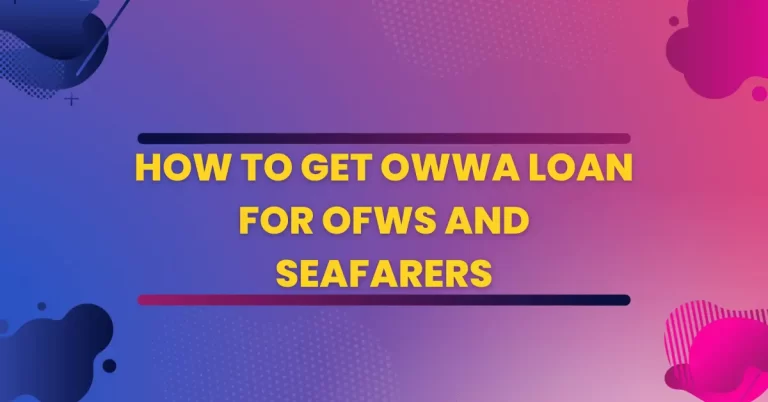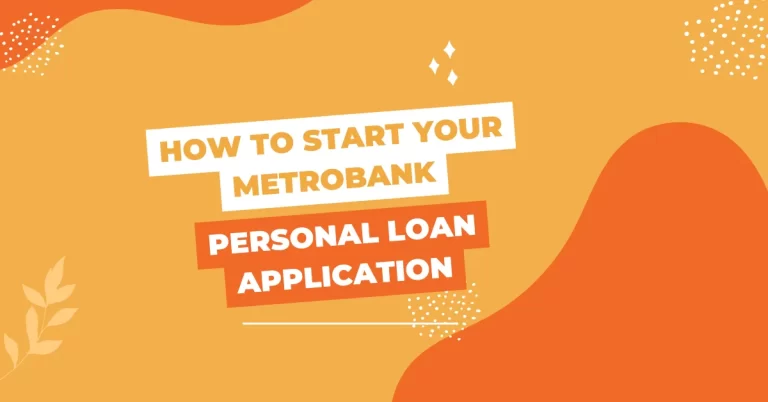Personal Education Loans in the Philippines – Get Prepared Today
Personal Education Loans in the Philippines – Get Prepared Today, I can confirm that education loans are a type of financial assistance provided to individuals to help them cover the costs of continuing their education. The loan can be taken by students, parents, or guardians, and the funds can be used to cover tuition fees, books, supplies, and other related expenses.
In the Philippines, education loans are offered by various financial institutions, including banks, government agencies, and private lenders. The terms and conditions of the loan can vary depending on the lender, but generally, the borrower will be required to repay the loan with interest over a specific period of time.
Taking out an education loan can be a good investment in one’s future, as a higher education diploma can increase one’s job opportunities and earning potential. However, it is important to carefully consider the terms and conditions of the loan before taking it out, as well as to have a solid plan for repaying the loan after graduation.
Additionally, it is worth exploring other options for financial assistance, such as scholarships, grants, and work-study programs, as these can help reduce the overall cost of education and minimize the need for loans.
Leave your email and we will help you quickly find a loan. Learn about special promotions, bonuses and loan discounts.
for 3,5% per day
Planning your educational expenses wisely is crucial. If you’re curious about how your grades contribute to your academic journey, explore Grade Weighted Average Calculator for valuable insights into your academic performance and its impact on your future financial decisions.
Read More: Complete List of OWWA Benefits and Programs for OFW Members
HOW TO GET AN EDUCATION LOAN IN THE PHILIPPINES
Private educational institutions may offer their own financing programs or installment plans for students who need to pay for their education. These programs may have varying terms and interest rates, so it’s important to carefully review the details before applying.
The Higher Education Loan Program for Students (HELPS) is a program implemented by the Development Bank of the Philippines (DBP) to provide financial assistance to students who are pursuing their tertiary education. The program offers low-interest loans to cover tuition fees, miscellaneous fees, and other education-related expenses.
To qualify for the HELPS program, students must meet certain eligibility criteria, such as being a Filipino citizen, being enrolled in a tertiary education institution in the Philippines, and having good academic standing. The program also requires a co-maker or guarantor for the loan.
If you’re interested in applying for a personal loan for education, it’s important to research and compare different options to find the best fit for your needs and financial situation. Be sure to review the terms and conditions, interest rates, and repayment plans before making a decision.
While taking out a personal loan to pay for your entire period of study may seem like a good idea to avoid inflation risks, it’s important to carefully consider the potential consequences before making a decision.
First, personal loans often come with high-interest rates, which means that you may end up paying significantly more in interest over the life of the loan than you would have if you had paid for your education using other means.
Second, personal loans typically require you to start repaying the loan soon after you receive the funds, which can be difficult to manage while you are still in school and may not have a steady income.
Third, taking out a personal loan to pay for your education may limit your future financial options. When you graduate, you may have limited funds available to start your career or pursue other financial goals because you will need to repay the loan.
Before taking out a personal loan to pay for your education, it’s important to carefully consider all of your options and to make a realistic plan for how you will repay the loan after you graduate. You may also want to consider seeking advice from a financial advisor or counselor to help you make an informed decision.
Education loan calculator
₱ 1000
₱ 10
₱ 1010
The following requirements, specified by us, are given without taking into account the social programs of colleges and DBP. We are talking about getting a loan for education in ordinary banks. To qualify for such a loan, you need to be a citizen of the Philippines who has reached the age of 21. When applying to a bank, the following documents may be required:
- a passport copy;
- an employee’s ID;
- proof of monthly income;
- extracts from a payroll and a bank account for the last three months;
- a savings book copy, etc.
s important to carefully consider the terms and conditions of the loan, including the interest rate, repayment period, and any other fees or charges associated with the loan.
Before applying for a personal loan for education, it’s also a good idea to explore other funding options such as scholarships, grants, and bursaries, which may not require repayment. It’s important to carefully compare the costs and benefits of different funding sources to make an informed decision about the best option for your education.
Additionally, it’s important to have a plan for how you will repay the loan, including a realistic budget and a strategy for managing your finances during the repayment period. This can help ensure that you are able to make your payments on time and avoid any negative consequences, such as damage to your credit score.
Overall, personal loans for education can be a useful tool for financing your education, but it’s important to carefully consider the terms and conditions of the loan and explore all of your funding options before making a decision.
EDUCATION FOR FOREIGNERS
Loans for foreign education are a matter for a separate talk. Diplomas of leading local universities are recognized all over the world. This means the possibility of employment in a large international company. In many universities, studies are taught in English. At the same time, the cost of education is lower than in the leading European countries, the USA or Canada. In order to obtain loans for foreign education there are the following requirements:
- permanent residence in the Philippines;
- availability of housing (own house is preferred over rented);
- complete absence of credit debts;
- a document from the school;
a permanent account in a bank and other solvency confirmations.
I completely agree with this statement. When formalizing an application, it’s crucial to ensure that all the necessary documents and information have been collected and that they are accurate and complete. This is especially true if you are not familiar with the nuances of the application process or if the application is for something important or sensitive, such as a legal matter, a loan application, or a job application.
Consulting with a professional who has experience with the particular application process can be very helpful. They can provide guidance on what documents are needed, how to fill them out correctly, and how to submit them properly. This can save you time, money, and stress, and increase your chances of a successful outcome.
Overall, it’s always better to err on the side of caution when it comes to formalizing an application and seek the help of a professional if you’re not confident in your abilities.
HOW TO APPLY FOR A STUDENT LOAN IN THE PHILIPPINES
Getting a personal loan for education can be beneficial for those who do not have enough savings to cover their educational expenses. However, the terms of the loan should be carefully considered before borrowing. Public and private programs for students can offer favorable terms, such as low interest rates and flexible repayment options. The Development Bank of the Philippines is also an option for those seeking education loans.
If these options are not available, borrowers may need to explore other banks and credit organizations. It is important to compare the terms and conditions of different loan offers to find the best option. Some personal loans may have higher interest rates or less flexible repayment options than education loans, so it is important to carefully review the terms of the loan.
Overall, borrowers should do their research and carefully consider their options before taking out a personal loan for education. This can help ensure that they are able to meet their educational goals without taking on excessive debt.
Example of calculating interest and loan payments
| TERM | 10 days | 20 days | 30 days |
|---|---|---|---|
| LOAN AMOUNT | 20000 PHP | 20000 PHP | 20000 PHP |
| FEE | 1% | 1% | 1% |
| INTEREST AMOUNT | 2000 PHP | 4000 PHP | 6000 PHP |
| TOTAL REPAYMENT | 22000 PHP | 24000 PHP | 26000 PHP |
More useful articles
- Loans in Cagayan de Oro
- Loans in Baguio
- Seaman loan
- Housing Loan
Conclusion
personal education loans can be a helpful tool for students in the Philippines who are seeking funding for their educational pursuits Personal Education Loans in the Philippines – Get Prepared Today. While there are risks and potential drawbacks to consider, careful research and planning can help mitigate these concerns. Students should consider their own financial situation, explore all funding options available to them, and thoroughly evaluate the terms and conditions of any loan before making a decision. By being prepared and informed, students can make the most of personal education loans and achieve their academic and career goals.

